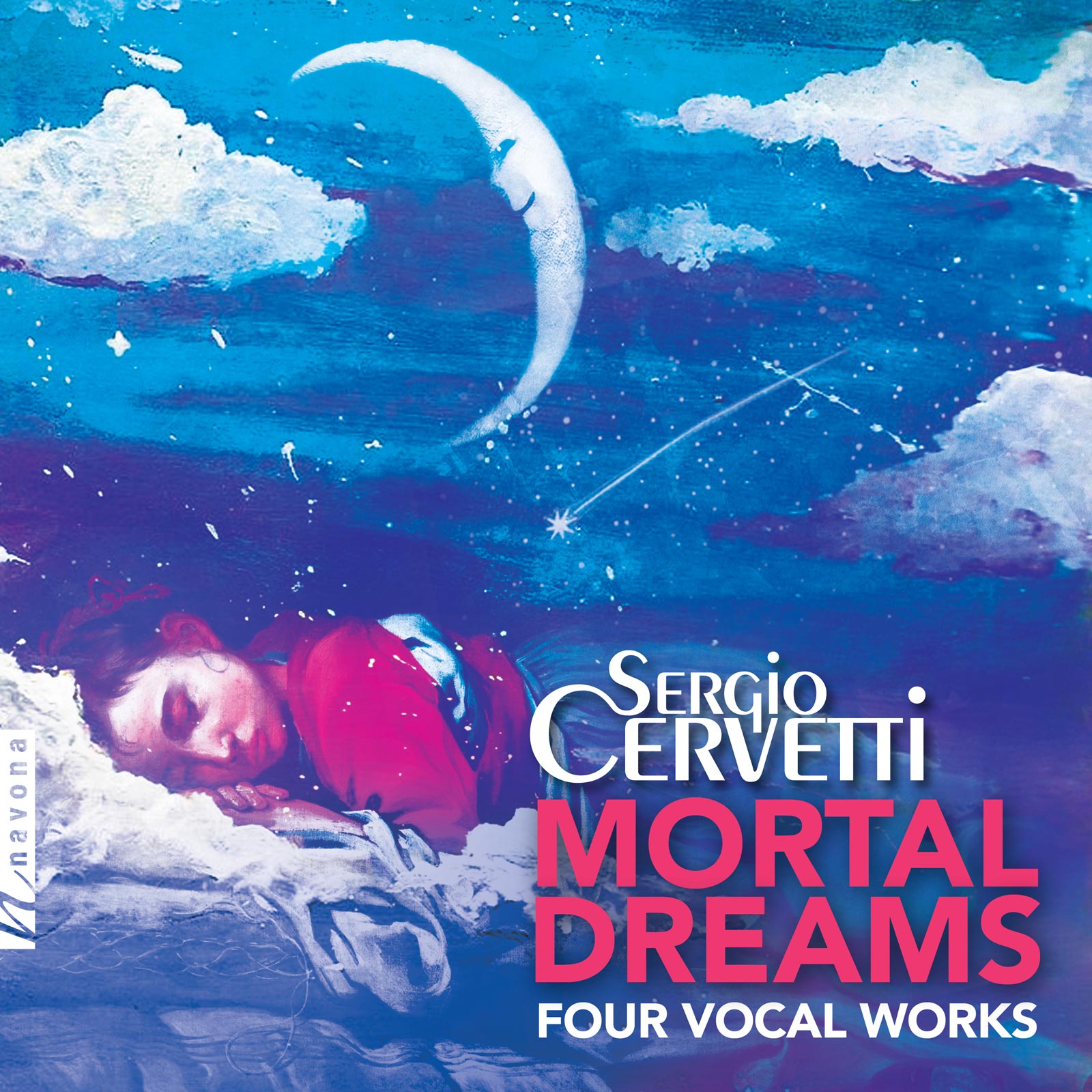
Share Album:
Mortal Dreams
Sergio Cervetti composer
Uruguayan-born American Sergio Cervetti is sure to please listeners with MORTAL DREAMS, his ninth album with NAVONA. Cervetti, who, on previous releases, has firmly established himself as one of the most unique voices in contemporary serious music, again delivers electro-acoustic compositions that can be counted as some of his best in the genre.
Cervetti may have been born in 1940, but he's certainly composing like never before. His last album, PARALLEL REALMS: XXI Century Works for Orchestra was a Global Music Awards’ Gold Medal Winner only last year. And MORTAL DREAMS is set on a similar path of success.
There are only four works on MORTAL DREAMS, but they are united by the vocals at the center of each piece, as well as by Cervetti's singular approach to composition. Influenced by the art of painting as well as the art of dance, these pieces paradoxically exude both a painstaking attention to detail and a certain effortlessness on a larger scale.
Four Fragments of Isadora (1979) for soprano and piano are based on letters written by the famous American dancer Isadora Duncan to her lover. Cervetti deliberately chose excerpts to reflect not only the dancer's emotional states at the time of writing, but also her life at large: these fragments are, in effect, a compositional biography. Childhood (2007), one of Cervetti's more recent works, also deals with personal drama, even though the subject isn't explicitly named. It is an audible illustration of a mother whose daughter is diagnosed with Asperger's Syndrome, but whose maternal love shines through the prospect of the heartache and confusion caused by her daughter's condition.
The early minimalist work Madrigal III (1975) rests on a poem written by 15th-century Aztec ruler Netzahualcoyotl. It received rave reviews at the time of its premiere, and it is easy to see why: the way the two sopranos are intertwined in this duo reflects not only the modern zeitgeist, but also the traditional Baroque school of vocal composition.
MORTAL DREAMS powerfully closes with the socio-political monologue That Feeling of Power (2019), a reflection upon the current political situation and a subversive analysis of thinly-veiled hegemony. It's a fitting end to this album: after all, Cervetti himself never shied away from being unconventional in musical or social matters. And considering his track record, he is not likely to start.
Listen
Stream/Buy
Choose your platform
Track Listing & Credits
| # | Title | Composer | Performer | |
|---|---|---|---|---|
| 01 | 4 Fragments of Isadora: No. 1, Desire | Sergio Cervetti | Cara Latham, soprano; Charles Abramovic, piano | 6:40 |
| 02 | 4 Fragments of Isadora: No. 2, Illness | Sergio Cervetti | Cara Latham, soprano; Charles Abramovic, piano | 5:46 |
| 03 | 4 Fragments of Isadora: No. 3, Death of the Children | Sergio Cervetti | Cara Latham, soprano; Charles Abramovic, piano | 4:44 |
| 04 | 4 Fragments of Isadora: No. 4, Farewell | Sergio Cervetti | Cara Latham, soprano; Charles Abramovic, piano | 5:02 |
| 05 | Childhood | Sergio Cervetti | Elizabeth Esris, lyrics; Julianne Borg, soprano; Electronic track created, engineered, and performed by Sergio Cervetti | 5:04 |
| 06 | Madrigal III | Sergio Cervetti | Moravian Philharmonic Orchestra | Petr Vronský, conductor; Alena Hellerová, Eva Benett (née Kolková) - sopranos | 20:04 |
| 07 | That Feeling of Power | Sergio Cervetti | Electronic track created, engineered, and performed by Sergio Cervetti | 5:51 |
MADRIGAL III (1975)
Nezahualcoyotl, text
All works copyright © Sergio Cervetti Music. www.sergiocervetti.com
Program notes by KPR, April 2020
TRACKS 1-4
Recorded June 14, 2019 at MorningStar Studios in East Norriton PA; Engineer Glenn Barratt
TRACK 5
Recorded August 14, 2007 at Sean Swinney Studio in New York NY; Engineer Sean Swinney
TRACK 6
Recorded September 12, 2010 at Reduta Hall in Olomouc, Czech Republic
Session Producer Richard Mlynár
Session Engineer Zdeněk Slavotínek
TRACK 7
Created, engineered, and performed by Sergio Cervetti at composer’s studio in Doylestown PA
Executive Producer Bob Lord
Executive A&R Sam Renshaw
A&R Director Brandon MacNeil
VP, Audio Production Jeff LeRoy
Audio Director Lucas Paquette
VP, Design & Marketing Brett Picknell
Art Director Ryan Harrison
Design Edward A. Fleming
Publicity Patrick Niland, Sara Warner
Artist Information

Sergio Cervetti
Sergio Cervetti left his native Uruguay in 1962 to study composition in the United States. In 1966 he attracted international attention when he won the chamber music prize at the Caracas, Venezuela Music Festival. After studying with Ernst Krenek and Stefan Grové and graduating from Peabody Conservatory, he was subsequently invited to be Composer-in-Residence in Berlin, Germany in 1969-70.
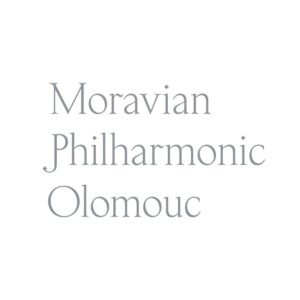
Moravian Philharmonic Orchestra
The Moravian Philharmonic Orchestra is one of the foremost and oldest symphony orchestras in the Czech Republic. It is based in the historical capital of Moravia, the city of Olomouc, and has been a leader of music activities in the region for the past 70 years. Its artistic development was directly influenced by distinguished figures from the Czech and international music scene.
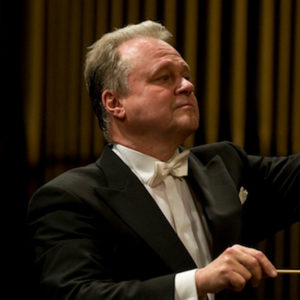
Petr Vronský
After successes in several important international competitions for conductors — including the competition in Besancon France in 1971 and the Karajan Competition in Berlin in 1973 — his career began at the opera company in Pilsen. From 1974 to 1978, he was Chief of Opera of the State Theater in Usti nad Labem, Czech Republic. In 1978, he was appointed Chief Conductor of the Brno Philharmonic Orchestra, a position he held until 1991. Vronsky was later appointed Chief Conductor of the Janacek Philharmonic Orchestra Ostrava in 2002.
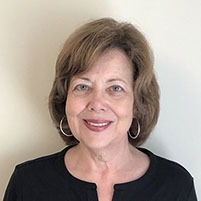
Elizabeth Esris
ELIZABETH ESRIS collaborated as librettist with Sergio Cervetti on Elegy For A Prince. She adapted the libretto from Oscar Wilde’s fairy tale, The Happy Prince, adding influences from Wilde’s De Profundis as well as original material to create a fanciful but mature story that echoes the marginalization of outsiders in today’s world.
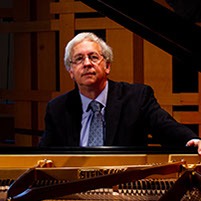
Charles Abramovic
CHARLES ABRAMOVIC is Chair of Keyboard Studies at Temple University’s Boyer College of Music in Philadelphia, where he has taught since 1988. Abramovic has performed often with such stellar artists as Midori, Sarah Chang, Robert McDuffie, Viktoria Mullova, Kim Kashkashian, Mimi Stillman, and Jeffrey Khaner.
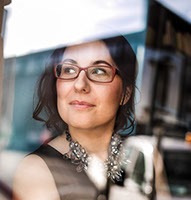
Eva Benett
EVA BENETT (née Eva Kolková), a Czech soprano, studied classical singing at the Janáček Academy of Music and Performing Arts under the direction of Marta Beňačková. In this study she completed a residency at the Salzburg Mozarteum with Prof. Marta Sharp.

Julianne Borg
JULIANNE BORG appeared in Carnegie Hall with Leon Botstein and The Orchestra Now (TŌN) singing the title role of Susanna in Il Segreto di Susanna by Wolf-Ferrari. As a member of the ensemble at the Salzburger Landestheater, Borg performed the roles of Donna Elvira Don Giovanni, Countess Le nozze di Figaro, Agathe Der Freischütz, Frau Luna Frau Luna, Celia The Passion of Jonathan Wade by Carlyle Floyd, Gilade Farnace by Vivaldi and Pamina in Die Kleine Zauberflöte.
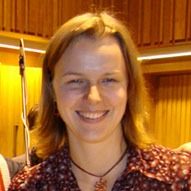
Alena Hellerová
ALENA HELLEROVÁ, a Czech soprano, received basic school vocal studies and piano lessons from 1991 to 1997. She began her formal musical studies at the Conservatory in Teplice with Professor Ludmila Abrahámová from 1997-1998, and continued at the Prague Conservatory with Professor Antonie Denygrová from 1998-2003.
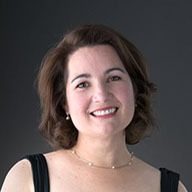
Cara Latham
CARA LATHAM, drawing from an extensive professional music theatre background, has received critical praise for her many roles in regional and state theaters including Maria in Bernstein’s West Side Story, Mabel in Gilbert and Sullivan’s Pirates of Penzance, Louisa in The Fantasticks, and Sr. Amnesia in Nunsense.
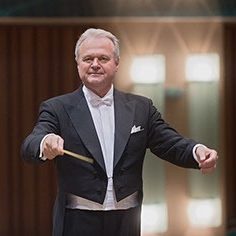
Petr Vronský
Earlier on a very successful young violinist (Beethoven's Hradec competition 1964), Petr began his conducting career in 1971 at the Plzeň Opera, from where he moved to Ústí nad Labem as head of the opera company there. His musical development was greatly influenced by his successes in conducting competitions in Olomouc (1970), Besançon in France (1971) and in the Herbert von Karajan competition in Berlin (1973).
Notes
MORTAL DREAMS presents distinct vocal settings of an inner universe belonging to four imaginations that span the unbridled to the sublime. It includes operatic-like fragments of letters written by and to the iconic dancer Isadora Duncan, a devoted mother’s aria recognizing her child’s autism, a minimalist duet on the brevity of life, and a monologue on the hypnotic prospect of wielding power that were once in the transitory realm of dreams, hopes, desires, and secret fantasies. We humans harbor personal, private thoughts. Perhaps they are mere impressions that exist in either the heights or the depths of our volatile minds. Among them is Isadora Duncan’s final line from Desire, the first fragment from the song cycle Four Fragments of Isadora: “I feel like a mortal transferred to Paradise, beyond mortal dreams.” How fortunate and captivating to find her inner world revealed by letter and then immortalized in song.

